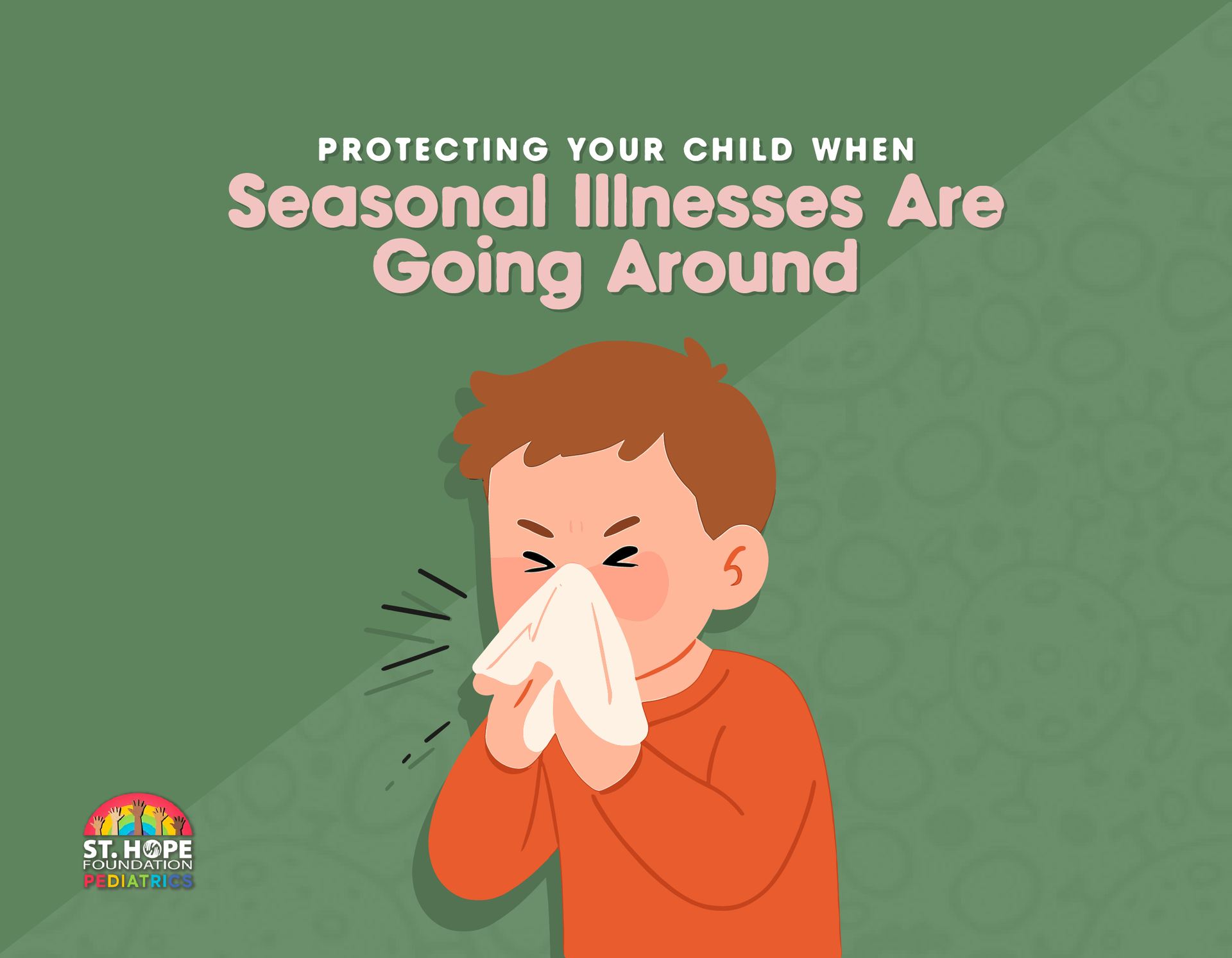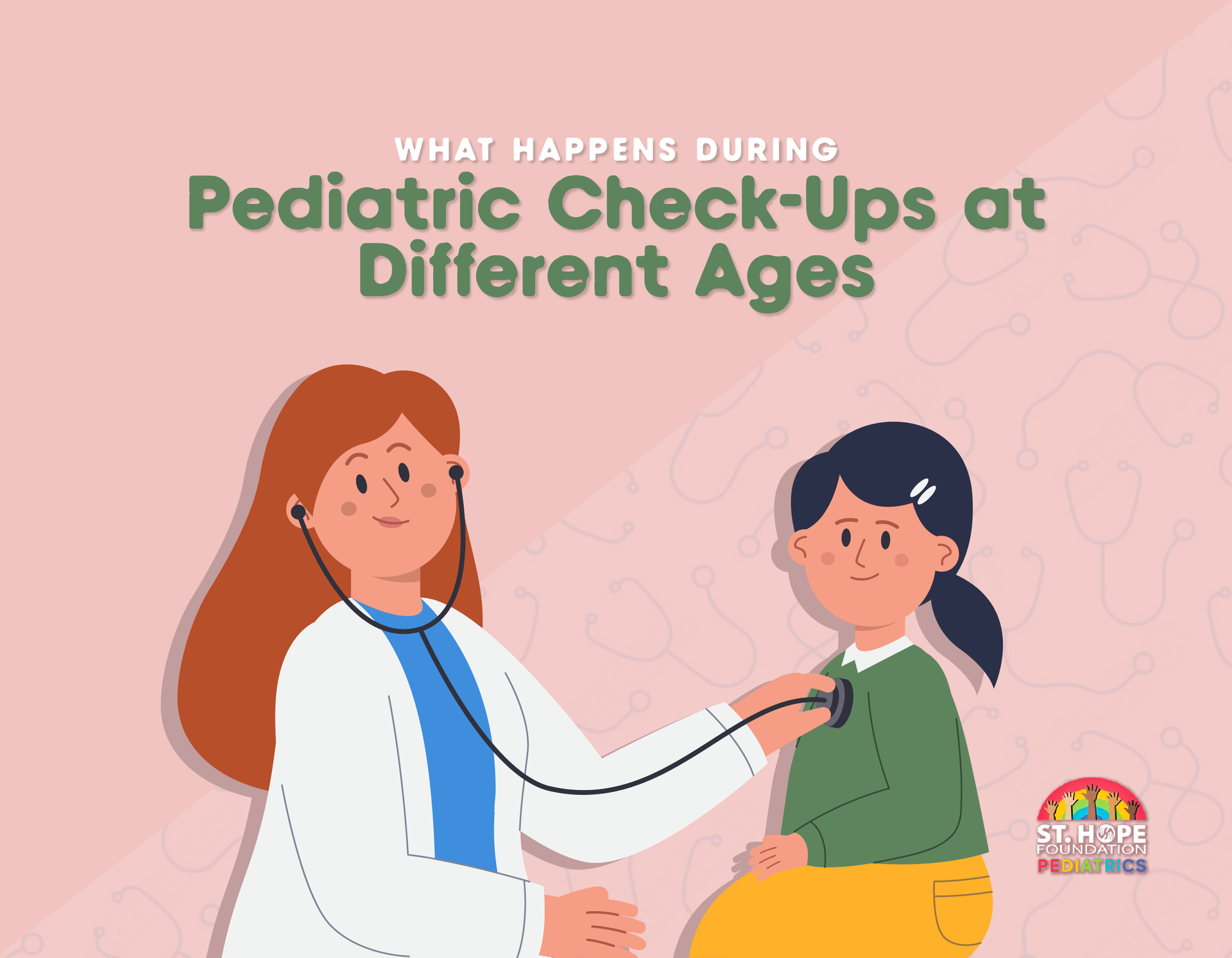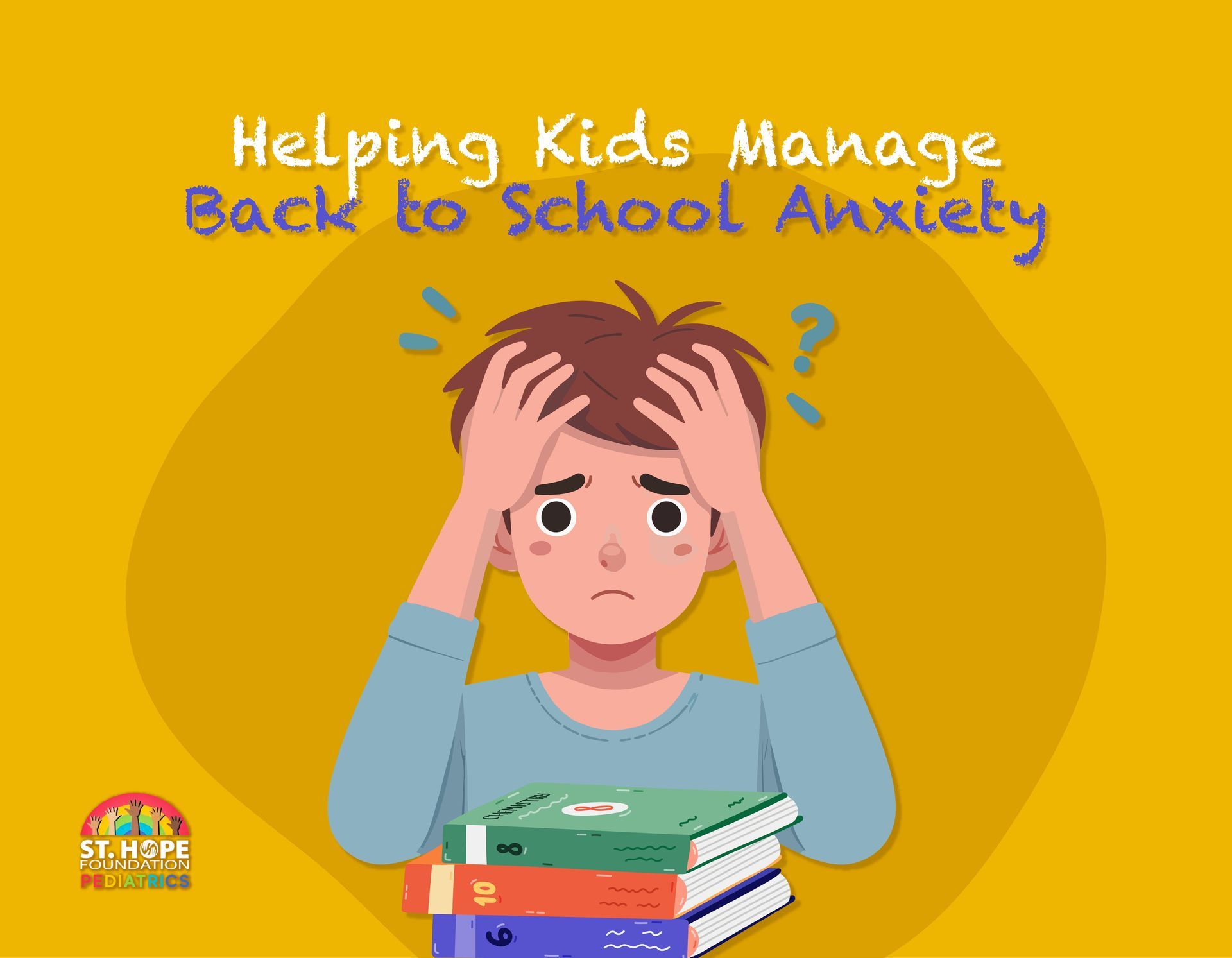
A child’s first visit to the dentist is a significant milestone, setting the foundation for a lifetime of good oral health. However, many children (and parents) feel anxious about the experience. The good news is that with the right preparation, you can help your child feel comfortable and even excited about their dental visit.
A child can carry bad dental experiences with them into adolescence and even adulthood. At St. Hope Healthcare, we know the importance of making your child’s first dental appointment a positive experience.
When Should Your Child Have Their First Dental Visit?
The American Academy of Pediatric Dentistry recommends that children see a dentist by their first birthday or when their first tooth appears, whichever comes first. Early dental visits help prevent tooth decay, establish good oral care habits and allow the dentist to monitor your child’s developing teeth.
Why Are Dental Visits Necessary When Baby Teeth Are Going to Fall Out Anyways?
Even before adult teeth come in, regular dental visits are important for spotting problems early, like cavities in baby teeth, alignment issues or habits like thumb-sucking that could affect oral development. Baby teeth hold space for adult teeth, so keeping them healthy helps permanent teeth come in correctly.
How to Prepare Your Child for Their First Dental Visit
1. Start Early with At-Home Oral Care
Introducing oral hygiene at an early age helps children become familiar with the sensation of having their teeth and gums cleaned. Even before your child has teeth, you can gently wipe their gums with a soft, damp cloth. As teeth begin to appear, use a small, soft-bristled toothbrush with a tiny amount of fluoride toothpaste.
When children are already accustomed to brushing and oral care at home, they are more likely to feel comfortable with a dentist examining their mouth.
2. Talk About the Dentist in a Positive Way
Children often take cues from their parents, so the way you talk about the dentist matters. Avoid using words that might cause fear, such as "pain," "drill" or "shot."
Instead, use positive and simple explanations like:
- "The dentist is going to count your teeth and make sure they're strong and healthy!"
- "They have cool tools that make your teeth sparkle!"
You can also read books or watch kid-friendly videos about visiting the dentist to help familiarize your child with the process.
3. Play "Dentist" at Home
A great way to ease any anxiety is to role-play a dentist visit at home. Have your child sit in a chair while you pretend to examine their teeth with a small mirror. Let them take turns being the dentist and examining a stuffed animal’s teeth. This fun activity helps normalize the experience and makes it feel less intimidating.
4. Schedule a Morning Appointment
Young children are generally more cooperative and alert in the morning when they are well-rested. If possible, book your child’s appointment for a time when they are least likely to be tired or hungry. Avoid scheduling right before or after nap times, as they may be cranky.
5. Bring a Comfort Item
Allow your child to bring a favorite stuffed animal, blanket or small toy to the dentist’s office. Having a familiar object can provide a sense of security and make them feel more at ease.
6. Be a Calm and Supportive Presence
Even if you're nervous about how your child will react, it’s essential to stay calm and encouraging. Your child will pick up on your emotions, so keep a relaxed and cheerful attitude. Let them know you will be right there with them throughout the visit.
7. Explain What to Expect
Let your child know what will happen at the appointment in a way they can understand. Explain that the dentist will look at their teeth, count them and use special tools to clean them. Reassure them that the dentist and hygienists are friendly and want to help keep their teeth strong and healthy.
8. Plan a Fun Reward After the Visit
While it’s best to avoid sugary treats as a reward, you can plan something fun after the visit, such as a trip to the park, a sticker or extra playtime. Having a fun activity to look forward to can make the dental visit seem like an exciting event.
What to Expect During Your Child’s First Dental Visit
During the first visit, the dentist will:
- Examine your child’s teeth, gums and mouth to check for any issues.
- Gently clean their teeth and remove any plaque buildup.
- Provide guidance on brushing, flossing and diet for healthy teeth.
- Discuss any concerns you may have about teething, thumb-sucking or pacifier use.
The visit is usually short and focused on making your child feel comfortable rather than performing extensive procedures. If your child is nervous, the dentist and staff will use gentle techniques to reassure them.
Why Early Dental Visits Are Important
Taking your child to the dentist early helps:
- Prevent cavities and identify any early dental issues.
- Establish a positive relationship with the dentist.
- Teach good oral hygiene habits from a young age.
- Reduce fear and anxiety about future dental visits.
By starting dental care early, you’re setting your child up for a lifetime of healthy smiles!
Schedule Your Child’s First Dental Appointment in Houston or Sugar Land Today!
Give your child the best start to lifelong oral health by booking a dental appointment with St. Hope Pediatric. Our team is here to provide expert care and make every visit a fun and stress-free experience.
Call us at (713) 778-1300 today to schedule an appointment.













